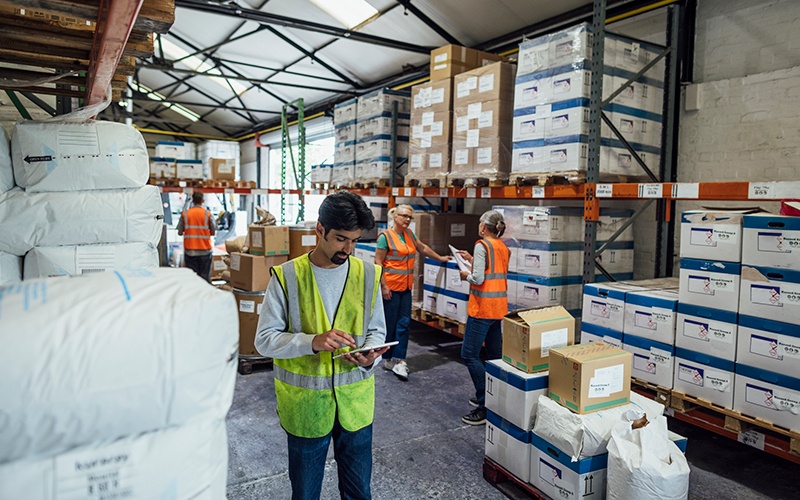You are using an out of date browser. It may not display this or other websites correctly.
You should upgrade or use an alternative browser.
You should upgrade or use an alternative browser.
UK Politics Thread 🇬🇧
- Thread starter Kitsch
- Start date
More options
Who Replied?ADevilYouKhow
Rhyme Reason
Keir Starmer makes Gaza ‘sausages’ gaffe in Labour conference speech — Guardian US
Prime minister’s slip of the tongue goes viral as he blunders making call for peace in Middle East
Welp
null
...
null
...
Very predictable
Starmer abandoning everything he ran on to be leader is so shameless
 predictable ?
predictable ?i tried to tell brehs but they didn't want to listen.
"conservatives bad. labour good."
while both are driving the uk into the ground.

null
...
let's see what labour does for the poor and in particular for the brotherman.
"A trades union body has said that the former Conservative government's legacy of 'structural racism' in the UK employment market has led to more people of colour in insecure work.
The TUC's analysis of labour force figures has shown that insecure work (including zero-hours contracts, low-paid self-employment and casual work) increased almost three times as rapidly under the Tory government.
Workers from an ethnic background were affected the most by this trend, states the TUC, with the number in insecure work at 878,000.
In 2011, around 360,200 ethnic minority workers were in insecure employment, so this has more than doubled in the space of 12 years.
One in six black and ethnic minority workers are in precarious roles compared with one in nine white workers. This is “structural racism in action”, according to the TUC."

Former government ‘left structural racism in UK employment market’
A trades union body has said that the former Conservative government's legacy of 'structural racism' in the UK employment market has led to more people of colour in insecure work.www.facilitatemagazine.com
labour are on fraud watch wrt
1. productivity and spreading wealth and oppostunity
2. racism
let's go ...


Rachel Reeves reconsiders end to non-dom tax status over OBR forecast fears
Chancellor says Treasury will be ‘pragmatic, not ideological’ amid claims the policy would not raise predicted £2.6bn
Lol wtf.
Labour will struggle to win the next election. Astronomical blundering
ah man I was going to post this in the Brexit thread
Revealed: Far higher pesticide residues allowed on food since Brexit
Exclusive: Unlike the EU, Great Britain has slashed protections for scores of food typeswww.theguardian.com
To snip:
I have had some apples in my fridge for over a year that still look fine. I wonder if this is why.For tea, the maximum residue level (MRL) was increased by 4,000 times for both the insecticide chlorantraniliprole and the fungicide boscalid. For the controversial weedkiller glyphosate, classed as a “probable human carcinogen” by the World Health Organization (WHO), the MRL for beans was raised by 7.5 times.
The purpose of the pesticide MRL regime is to protect public health, wildlife and the natural environment. Campaigners said the list of pesticides included reproductive toxins and carcinogens and that the weaker MRLs reduced protections for consumers in Great Britain. Northern Ireland has retained the EU MRLs.
MRLs have been weakened for 49 different pesticides, 15 of which are on a list of “highly hazardous pesticides” compiled by Pesticides Action Network UK (Pan UK), based on data from national and international authorities.
The new, weaker MRLs adopted by Great Britain come from the Codex Alimentarius, a set of international food standards produced by the UN Food and Agriculture Organization and the WHO. The Codex has been criticised by campaigners for “a history of setting weaker safety standards than European counterparts due to the influence of US and corporate lobbying”.
Strikingly, the UK chose to adopt the Codex MRLs only where they offered lower protection to consumers. Where the Codex standard was stricter, the HSE decided to retain the weaker British MRL. In the cases of residues of chlorantraniliprole and boscalid in teas, the EU also adopted the higher Codex MRL.
“This really does beggar belief,” said Mole. “The new government urgently needs to flip this topsy-turvy approach on its head.” The HSE said a British MRL could be higher because a pesticide was applied in greater quantities in Britain than in the scenario considered for the Codex standard.
 lol
lol
what
It's mad that there's a whole sub for things like this

related but off-topic:

Celebrity ‘son of God’ pastor surrenders in Philippines after two-week manhunt
Apollo Quiboloy, who is also wanted in US on child trafficking charges, surrenders to police after ultimatum

After the riots, Keir Starmer should tell us the truth about our country. This is why he won't | Nesrine Malik
The violence exposed racist narratives based on lies. Yet where is the counter-argument, asks Guardian columnist Nesrine Malik
ancient now, but an interesting read
you know she's on to something when they don't allow comments

There is a ton of issues, but it still boils down to that the UK is a service-based country, which isn't a bad thing, but when you not making raw materials internally and just doing service, you end up with a problematic scenario... the Tories are useless and Labour is Tories-lite.
There seems to be no one willing to really step up to lead the UK into the future... instead they are content to just be good with OK... until Ireland or Scotland bails on them one day, which is going to happen as the youth doesn't give a shyt about tradition when tradition is giving them no future.
There seems to be no one willing to really step up to lead the UK into the future... instead they are content to just be good with OK... until Ireland or Scotland bails on them one day, which is going to happen as the youth doesn't give a shyt about tradition when tradition is giving them no future.
